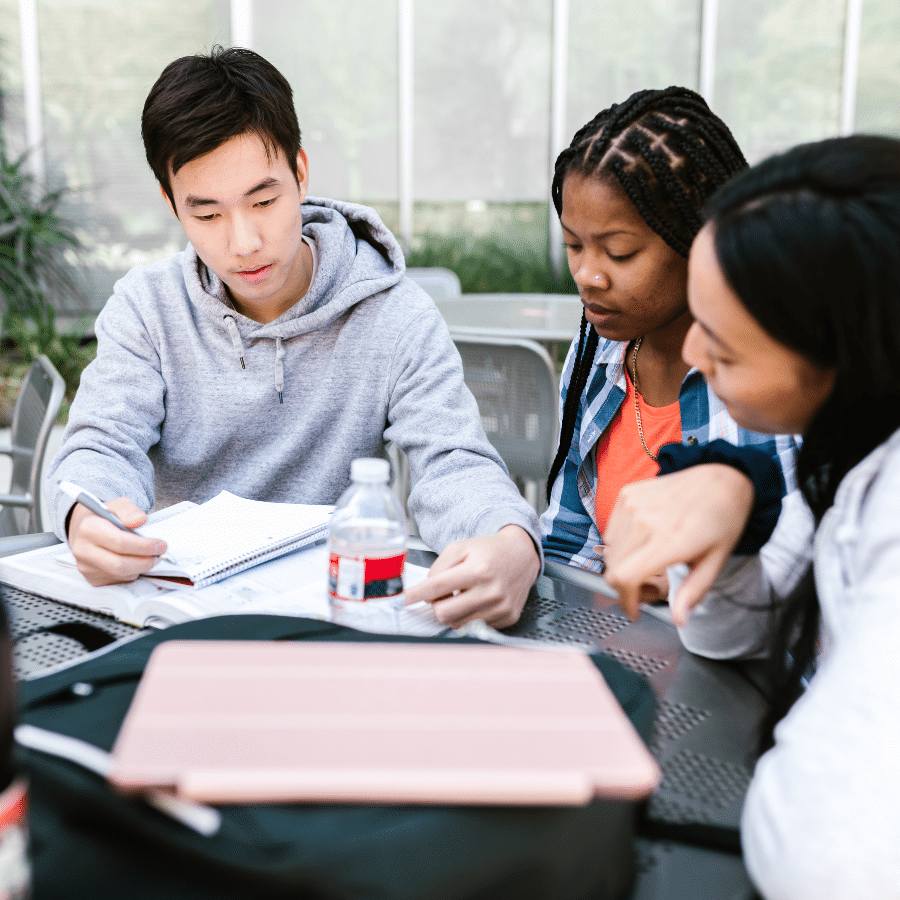概要
大学時代、私は自分の教育について変えたいことがありました。問題は、その変化をどう実現したらよいかがわからなかったことです。自分を擁護する方法を教えてくれるような人がいたらよかったのに。この記事では、自分を擁護することとは何か、なぜそれが重要なのか、そして今日からこれらのスキルをどのように使い始めることができるのかについてお話します。
自己主張とは、自分自身のために立ち上がる力を得ることです。
Self-advocacy is about being empowered to stand up for yourself. It’s a key life skill, and it can help improve your grades and performance at school.
It’s important that students learn how to advocate for themselves because they will have many opportunities throughout their lives where they will have to speak up for themselves or make a request of someone else.
Self-advocacy is not just about speaking up though; it’s also about listening effectively, understanding other people’s perspectives, knowing what information you need before making decisions (and asking for it), learning when someone else needs help with something, finding ways around obstacles when necessary–in short: being an active participant in your own life rather than simply sitting back and waiting for things happen on their own accord!
自己主張は人生の重要なスキルです。
自己主張は、人生のあらゆる場面で役立つ重要なライフスキルです。学校での配慮を求める、公共交通機関の遅延時に Uber を利用するなど、自己主張して必要なものを要求する方法を知ることは重要です。また、雇用主に昇給してもらったり、友人に時々家事を手伝ってもらったりするなど、他の人と効果的にコミュニケーションをとることができれば、相手から望むものを手に入れるのにも役立ちます。
自己主張は学校での成績やパフォーマンスの向上に役立ちます。
Self-advocacy is important for students with learning disabilities and disabilities.
When you’re a student with special needs, it can be difficult to get what you need in order to succeed at school. You may have difficulty communicating your needs or asking for help from teachers and staff members. This makes it easy for them not to notice when something isn’t going well for you–and then they won’t know how best to help out!
Self-advocacy can also help improve your grades and performance at school because it helps ensure that all of the accommodations that are necessary for success are being provided by teachers and administrators who care about making sure their students succeed academically as much as possible.
自己主張は、対面でもオンラインでも、授業からより多くの成果を得るのに役立ちます。
Self-advocacy is important for all students, but it’s especially crucial for those with disabilities or who are first generation college students.
If you have a disability that impacts your learning and/or academic performance, self-advocacy will help you get the support you need from the school and the accommodations that enable you to succeed in class. For example, if you have ADHD (Attention Deficit Hyperactivity Disorder) and struggle with attention span during lectures or readings, then self-advocating may mean asking a professor if there are other ways they could help keep your attention focused on their lecture material–such as by having them record their lectures so they can be played later; this way, when it comes time for exams or quizzes where most people will have studied from notes taken during class time itself but not necessarily listened carefully enough at times due to distractions such as phones ringing etc., those who had listened closely enough during recording sessions will still benefit from having something concrete recorded rather than just relying upon memory alone which won’t always work out well since our brains do forget things over time even though we think we’ve remembered everything perfectly well when actually this isn’t true at all.”
これまで一度もそうする必要がなかったとしても、自分自身を擁護できることは重要です。
While self-advocacy can be a challenging skill to learn, it’s important that you do. Self-advocacy can help you stand out from the crowd and get the support you need to succeed at school and in your career.
Self-advocacy is a skill that helps people advocate for themselves when they need something, such as extra time on an assignment or an accommodation at work because of an illness. It also means knowing how to say no when someone asks you to do something that doesn’t feel right or isn’t right for your learning style (for example: working alone vs working in groups).
自分の意見を主張する方法を学ぶことは、生徒が自分のやり方で成功するのに役立ちます。
Self-advocacy is about being empowered to stand up for yourself. It’s a key life skill that can help you improve your grades and performance at school, get better support from teachers and other staff members, or even get what you need in order to feel comfortable in your own body.
Asking for what you need is not always easy–but with practice, it gets easier! Here are some ideas on how self-advocacy can help students succeed:
- それは、生徒が自分のニーズや目標について他の人(教師/管理者)と効果的にコミュニケーションをとる方法を学ぶのに役立ちます。
- それは、学校の権力システムの中で生徒としての権利を理解し、必要に応じて自らを擁護できるようにするのに役立ちます。
まとめ
結論として、自己主張は学び、実践すべき重要なスキルだと思います。学校や人生で成功するのに役立ちます。自分の意見を述べたり、自分のニーズを伝えたりするのが苦手だと感じる場合は、次のヒントを試してみてください。









